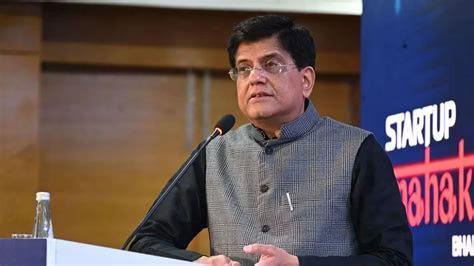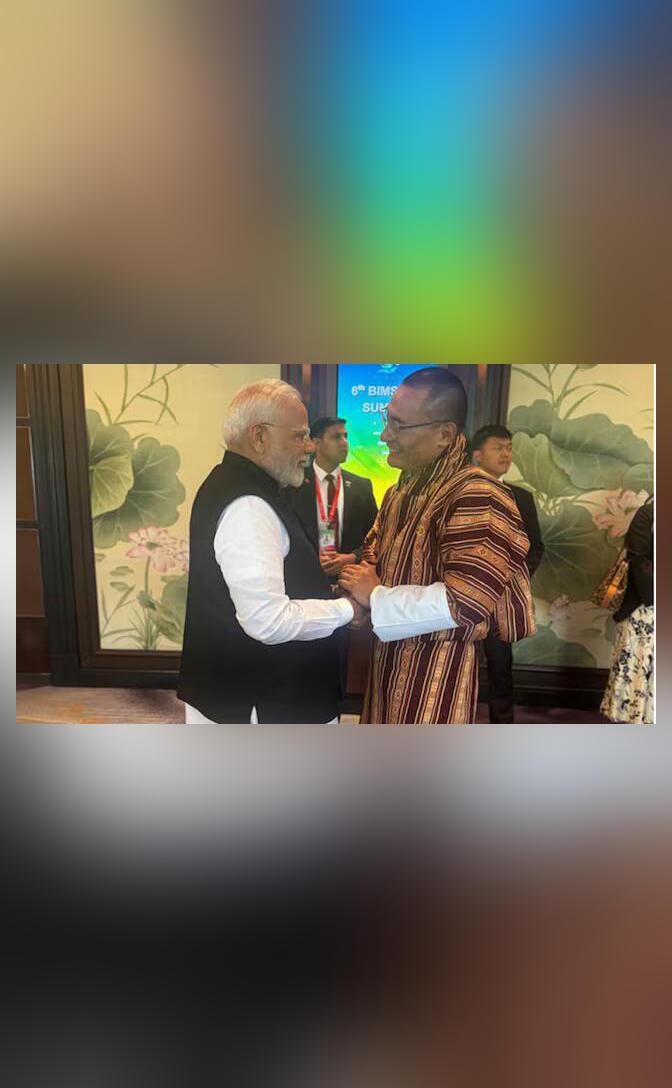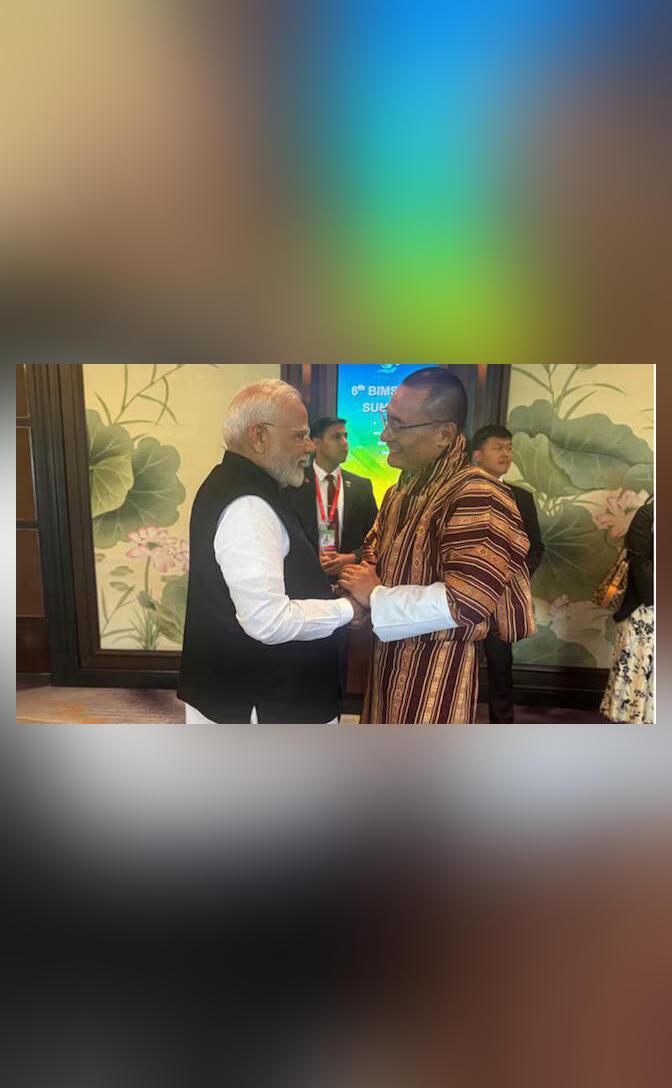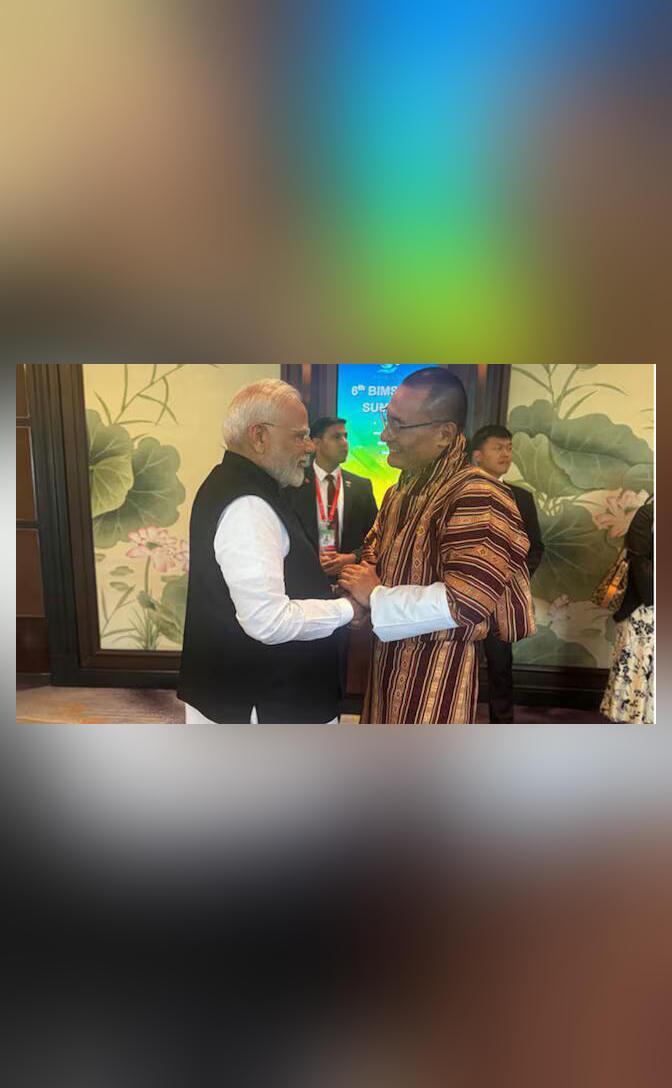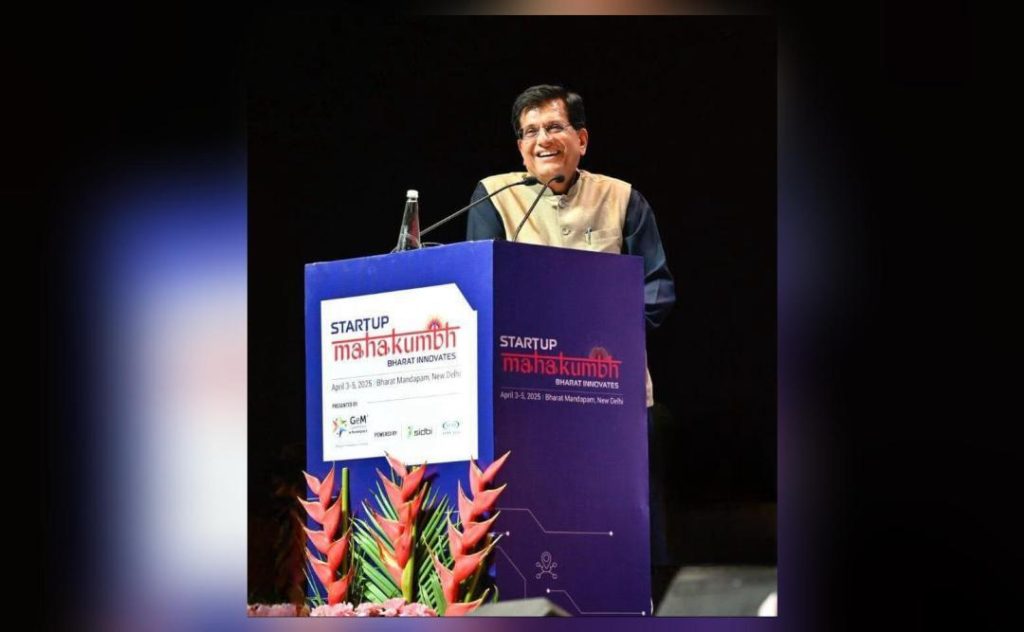
Giving fancy packaging to ice-creams & cookies is not start-up: Piyush Goyal
In a recent statement at Startup Mahakumbh 2025, Union Minister of Commerce and Industry Piyush Goyal emphasized that simply giving fancy packaging to ice-creams and cookies does not qualify as a start-up. According to him, it is entrepreneurship and a business model that truly defines a start-up. His words of wisdom come at a time when the startup ecosystem is booming in India, with numerous entrepreneurs venturing into various sectors, including food, e-commerce, and technology.
Goyal’s remarks are a reminder that the term “start-up” is often misused and misunderstood. Many businesses, especially in the consumer goods sector, may invest heavily in packaging and branding to make their products stand out, but this does not necessarily mean they are start-ups. A start-up, by definition, is a young company that is built to grow rapidly by leveraging innovation and technology to solve a real-world problem or meet a pressing need.
The Minister’s comments are also a call to action for the Indian startup ecosystem to focus on creating innovative products and solutions that have the potential to disrupt traditional industries and create new opportunities. While India has made significant progress in recent years, there is still a long way to go to achieve its startup ambitions.
Goyal’s concerns were further highlighted when he mentioned that only 1,000 startups in India are engaged in deep-tech space, which is a disturbing situation. Deep-tech refers to startups that are working on cutting-edge technologies such as artificial intelligence, 3D printing, and biotechnology. These sectors have the potential to drive economic growth and create high-paying jobs, but their underrepresentation in the Indian startup ecosystem is a cause for concern.
In contrast, startups in other nations are focused on AI and 3D printing, which are driving innovation and growth in their respective economies. For instance, the United States has seen significant growth in the AI and robotics sectors, with companies like Waymo and Boston Dynamics leading the charge. Similarly, China has made significant strides in 3D printing, with companies like Alibaba and JD.com investing heavily in the technology.
Goyal’s remarks are a reminder that the Indian startup ecosystem needs to focus on creating innovative products and solutions that have the potential to disrupt traditional industries and create new opportunities. While India has made significant progress in recent years, there is still a long way to go to achieve its startup ambitions.
So, what can be done to address the challenges facing the Indian startup ecosystem? Firstly, the government needs to provide a supportive ecosystem that encourages entrepreneurship and innovation. This can be achieved by providing funding, mentorship, and regulatory support to startups.
Secondly, the Indian startup ecosystem needs to focus on creating innovative products and solutions that have the potential to disrupt traditional industries and create new opportunities. This can be achieved by encouraging startups to work on cutting-edge technologies such as AI, 3D printing, and biotechnology.
Thirdly, the government and private sector need to work together to create a robust startup ecosystem that provides a platform for entrepreneurs to grow and scale their businesses. This can be achieved by providing funding, mentorship, and regulatory support to startups.
In conclusion, Piyush Goyal’s remarks are a reminder that the Indian startup ecosystem needs to focus on creating innovative products and solutions that have the potential to disrupt traditional industries and create new opportunities. While India has made significant progress in recent years, there is still a long way to go to achieve its startup ambitions.
Source: https://x.com/moneycontrolcom/status/1907795297826378009


